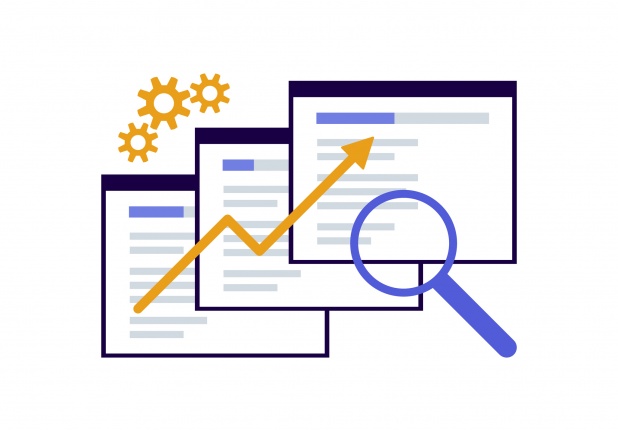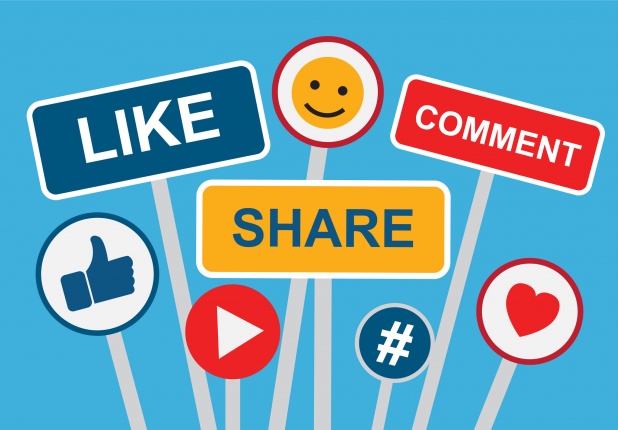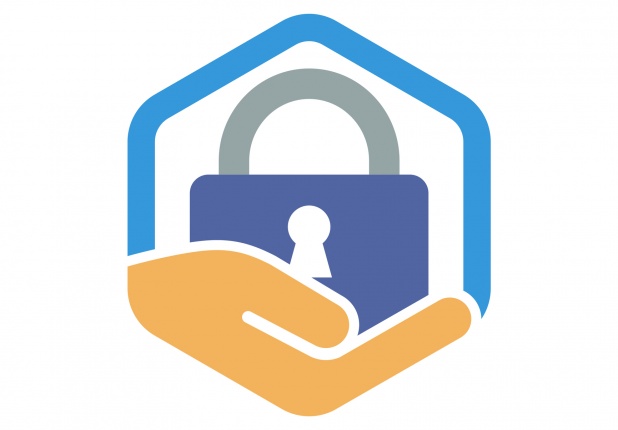Utilizing E-Discovery Tools in Innovative Ways
As part of the e-discovery process, we use digital means to identify relevant information for use in a legal proceeding. The proceeding may be a large-scale medical malpractice lawsuit, a patent infringement case, a government investigation, or countless other legal actions. However, the skills and resources used in those types of matters can also be used in other areas.






